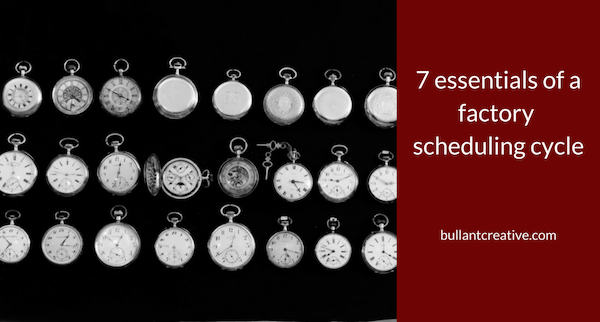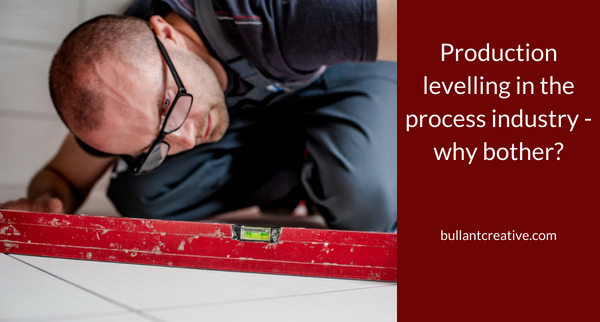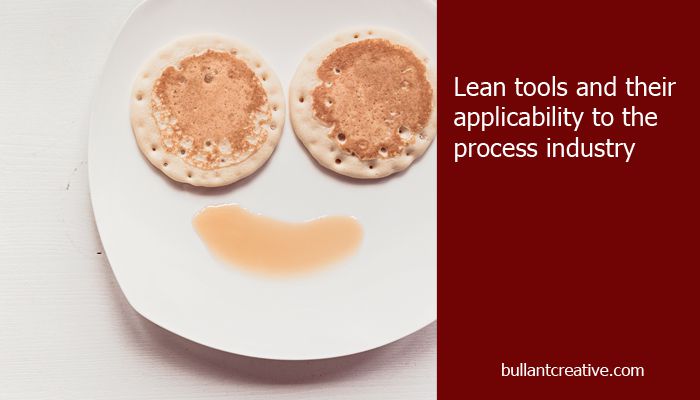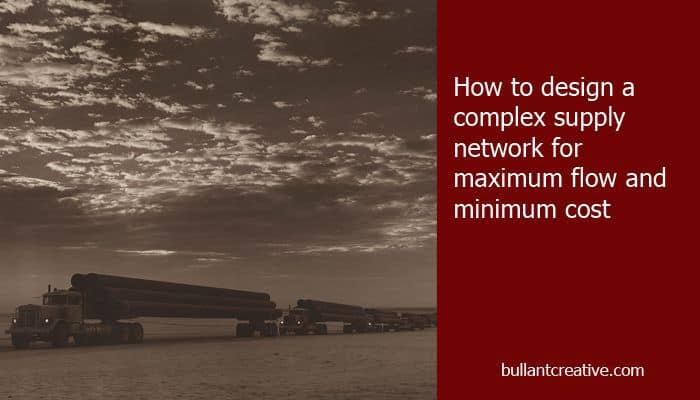A good quality factory schedule is one of the most important factors in minimising costs and creating a firm foundation for continuous improvement. Yet many factory schedules are driven by the knowledge of just one scheduler, without much oversight by senior production management.
The 3 prerequisites of a powerful digital twin
Digital twins are simply the digital clone of a system. A digital twin can be a spreadsheet, a CAD drawing, a sophisticated business proposal or a complex dynamic simulation. The common characteristic is that the twin is digital and it accurately depicts the behaviour of a system during the of achievement of a business goal. … Read more










